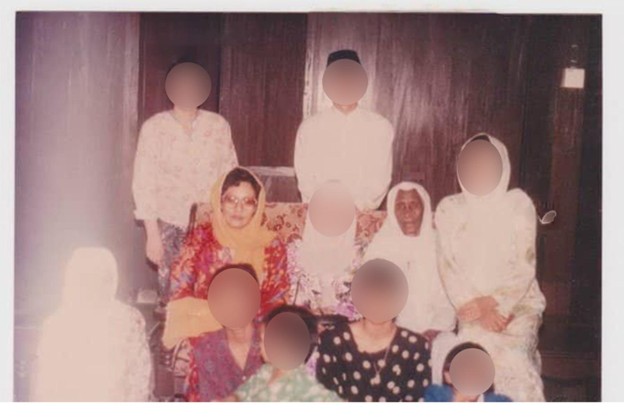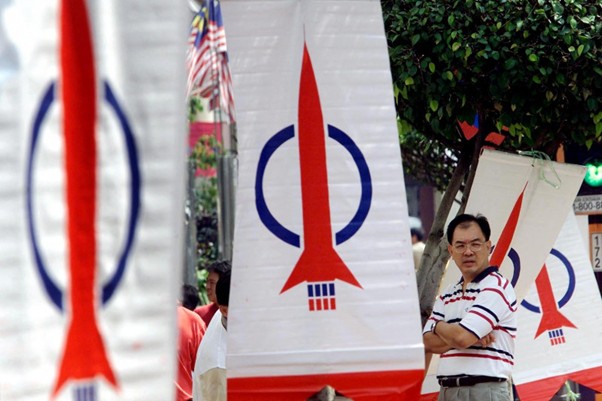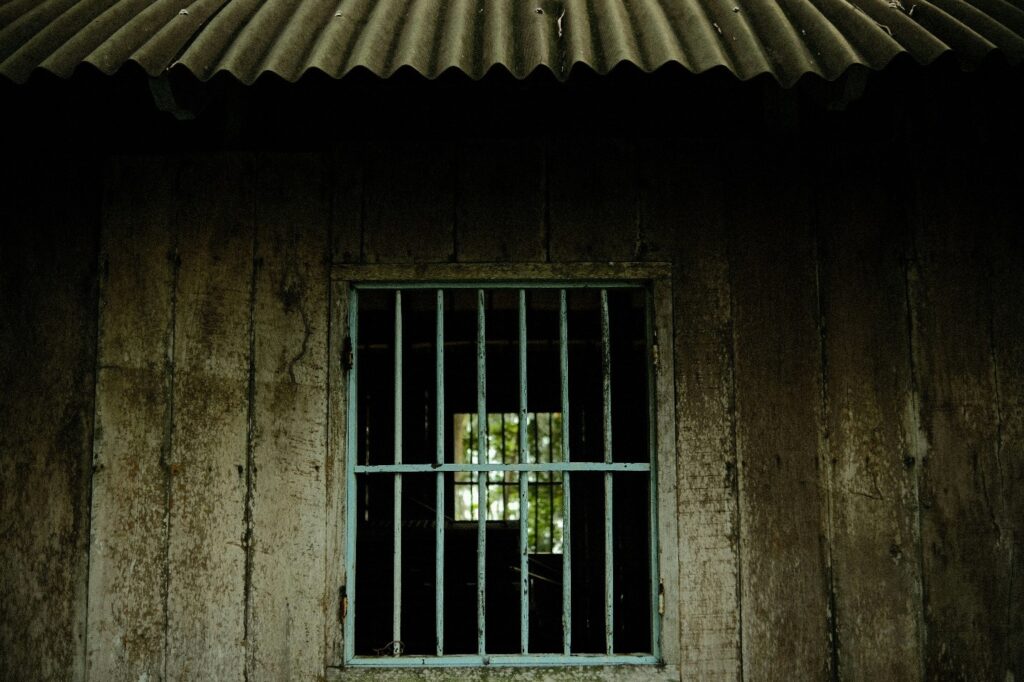Join us on 24 April 2025.
While focused on managing COVID-19, Indonesia is encountering an increase in female domestic violence victims. Though avoidable, it is never too late for Indonesia to address this emerging crisis.

Join us on 24 April 2025.

In this chapter, hear an audio recording of a conversation with Ya, a hamba habshi.

Results of DAP’s internal election underscore the party’s evolving role within Malaysia’s ruling coalition and the challenges of coalition politics.

Indonesia’s revised military law raises concerns over transparency, civilian roles and governance.

High tariffs are imposed to bring others to the negotiating table.

Thailand’s deportation of Uyghur detainees has strained ties with the United States and drawn backlash from human rights groups.

Ya, an African slave from Mecca, recalls her life in Terengganu, revealing a hidden chapter of local history.
While focused on managing COVID-19, Indonesia is encountering an increase in female domestic violence victims. Though avoidable, it is never too late for Indonesia to address this emerging crisis.
The last ISIS-family suicide bombings in Surabaya is a sign for the government to remain vigilant towards the imminent threat of terrorism which targets women and children as potential actors.
Female and children combatants of the different terrorist groups operating in the Philippines possess a myriad of skills. For women, this includes identifying safe havens for fighters, while children help provide surveillance activities of the police and military units in the area.
Since terrorist and violent extremist groups tend to flourish in marginalized areas, no sector in today’s world is at greater risk and remains severely understudied as the stateless women and children targeted for recruitment and radicalization by terrorist organizations.
Women and children aligned with terrorist groups leverage gender and age dynamics for their benefit by claiming ignorance of terrorist acts so as to minimize their culpability.
Armed Forces of the Philippines’ official records show that the NPA communist-terrorist group has killed 13,304 of its troops from 1975 to June 2020. This is four times the soldiers killed by the MNLF and the MILF, and 5.5 times the soldiers killed by the Abu Sayyaf Group.
An oxymoronic term, ‘fake news’ has become synonymous with aspects of info-demic. Malaysia is no less susceptible to the vulnerabilities of the info-demic. However, there are idiosyncrasies in Malaysia’s legislative and fact-checking approaches which makes solutions decisively local.
The evolving threat of violent extremism has underscored the need for a multi-stakeholder response. In Malaysia, initiatives on Preventing and Countering Violent Extremism (P/CVE) have been predominantly state-led and prioritise reactive or ‘hard’ security measures over lasting prevention.
The value of a proactive constitutional monarch in Johor lies in the fact that the monarch can effectively unite different (even mutually suspicious and hostile) ethnic groups in a multi-ethnic country.
Indonesian children face an increased risk of online radicalization during COVID-19. This commentary discusses the challenges to prevent such radicalization while proposing how the involvements of social influencers may be a step forward.